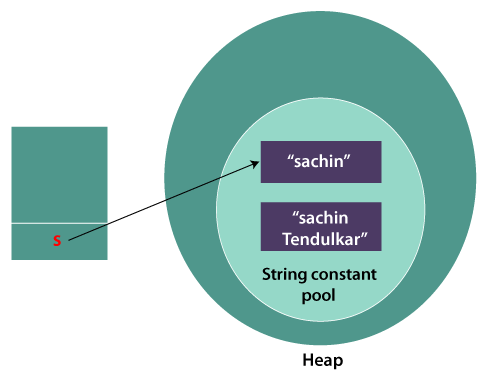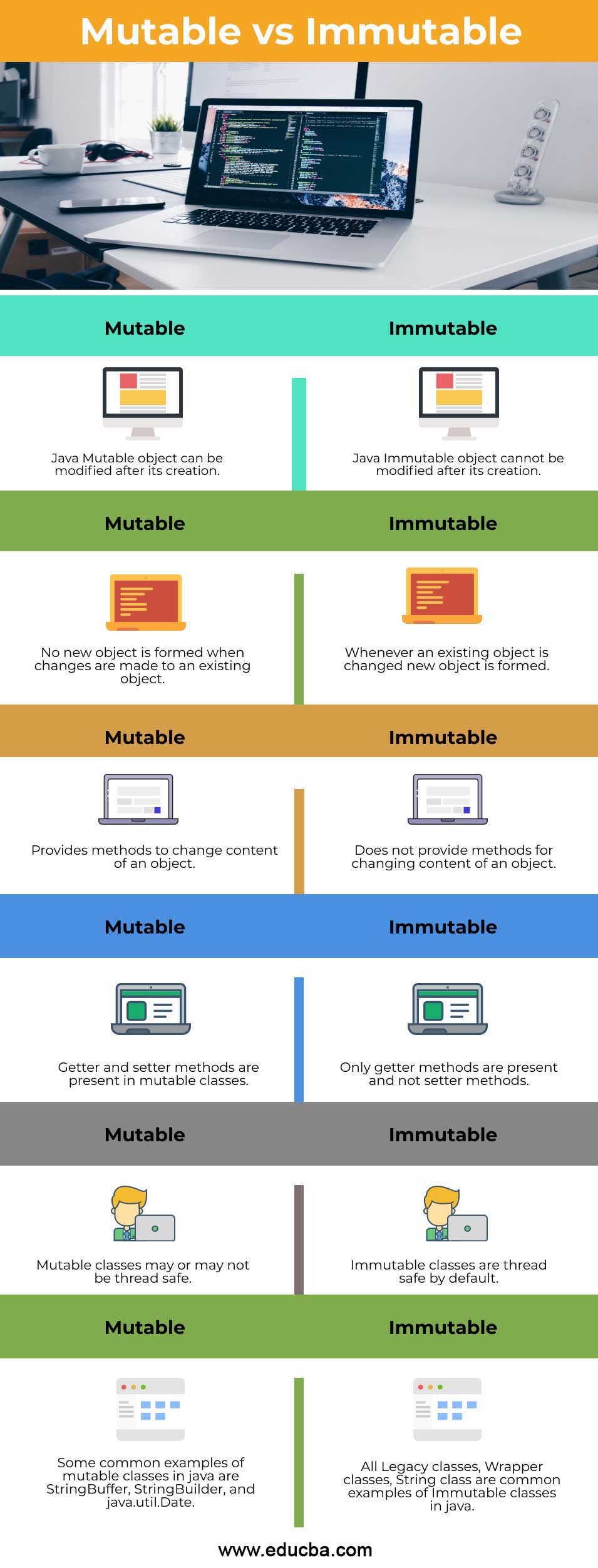Why Are Strings Immutable in Java? Insights right into Memory Efficiency
Why Are Strings Immutable in Java? Insights right into Memory Efficiency
Blog Article
Immutable Strings: A Trick Element in Ensuring Information Uniformity and Reliability
In the world of information monitoring, the importance of unalterable strings can not be overstated. These constant series of characters play a critical role in maintaining the honesty and precision of details within systems. By keeping a state of immutability, data uniformity is ensured, promoting a foundation of integrity upon which vital procedures depend. The concept of unalterable strings goes beyond mere triviality; it is a cornerstone in the complicated internet of information governance. As we discover the benefits, implementation approaches, and useful applications of unalterable strings, a more clear picture arises of their vital nature in protecting the digital landscape.
The Concept of Unalterable Strings
Unalterable strings, a fundamental concept in shows, refer to strings that can not be modified as soon as they are developed. Fundamentally, as soon as a string worth is appointed, any type of procedure that shows up to change the string in fact develops a new string. This immutability makes sure information consistency and dependability in applications, as it stops unanticipated changes to the original data.
Advantages in Data Consistency

Data consistency is crucial in various facets of software application advancement, including database management, multi-threaded atmospheres, and dispersed systems (Why are strings immutable in Java?). Immutable strings contribute dramatically to accomplishing this consistency by preventing data corruption as a result of concurrent access. In scenarios where several processes or strings engage with the very same data at the same time, immutable strings act as a safeguard versus race problems and synchronization issues
In addition, the immutability of strings simplifies debugging and screening processes. With immutable strings, designers can trust that as soon as a string is established, it will stay unmodified, making it less complicated to trace the source of mistakes and guaranteeing that examination cases generate consistent outcomes. This dependability in data dealing with ultimately causes extra durable and stable applications.

Applying Unalterable Strings
Making sure the immutability of strings needs a thoughtful strategy to their implementation in software program advancement. Once a string object is developed, one crucial method is to create string classes in a method that stops adjustments. By making strings immutable, programmers can boost data uniformity and reliability in their applications.
To apply immutable strings properly, designers should favor producing brand-new string objects instead of customizing existing ones. This practice makes sure that when a string is designated a worth, it can not be altered. In addition, any operation that appears to customize the string needs to create a brand-new string with the preferred adjustments instead of changing the original.
Moreover, making use of unalterable strings can simplify concurrency management in multi-threaded atmospheres. Since immutable strings can not be changed after development, they can be securely shared among several threads without the risk of data corruption.
Function in Integrity Assurance
In software application advancement, the utilization of immutable strings plays a vital role in guaranteeing the reliability of data operations. Immutable strings, when produced, can not be modified, ensuring that the data they represent stays regular throughout the application's implementation. This immutability building supplies a level of assurance that the data being processed will certainly not be accidentally transformed, leading to unexpected results or mistakes in the system.
By integrating unalterable strings right into software program layout, programmers can boost the integrity of their applications by lessening the dangers related to mutable data - Why are strings immutable in Java?. Immutable strings help in avoiding data corruption or unintentional adjustments, which can be especially important when taking care of delicate info or when data stability is paramount
Furthermore, using unalterable strings streamlines simultaneous handling, as several threads can safely gain access to and share string data without the threat of one thread altering the content while an additional reads it. This element adds substantially to the overall integrity of the software program Visit Your URL system, making certain constant and predictable habits in information managing procedures.
Applications and System Assimilation
The seamless integration of unalterable strings right into various applications and systems is crucial for ensuring robust information consistency and integrity throughout diverse technical settings - Why are strings immutable in Java?. Unalterable strings play a crucial duty in enhancing the stability of information exchanges and interactions within facility software environments. By including navigate to this site immutable strings into applications, developers can mitigate the dangers related to information tampering, unapproved modifications, and unintended modifications, therefore fortifying the total safety pose of the system
In the context of system integration, immutable strings work as a foundational aspect for developing secure communication channels and promoting seamless data transfers in between various components. Their immutable nature makes sure that data sent between systems stays verifiable and unmodified, decreasing the probability of inconsistencies or mistakes that could compromise the integrity of the entire system. Additionally, unalterable strings can enhance interoperability between diverse systems by supplying a standard layout for data representation, allowing much more effective data processing and exchange methods throughout interconnected systems. By taking on unalterable strings in applications and system integration processes, organizations can fortify their data infrastructure and promote the integrity and uniformity of their details possessions.
Verdict
To conclude, immutable strings play a critical role in keeping information consistency and integrity in different applications and system combinations. By making certain that strings can not be transformed when created, the honesty of information is preserved, reducing the threat of errors and inconsistencies. Applying immutable strings can substantially improve the integrity of systems, eventually resulting in even more reputable and accurate information processing.

Report this page